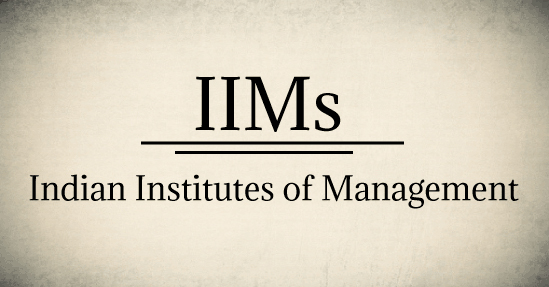Free Courses Sale ends Soon, Get It Now


Free Courses Sale ends Soon, Get It Now



Copyright infringement not intended
Context: Indian Institutes of Management (Amendment) Bill, 2023, proposes to amend the Indian Institutes of Management Act, 2017, which was enacted to grant statutory status and autonomy to the IIMs. The Bill seeks to give the government more power and control over the functioning and administration of the IIMs, especially in matters related to the appointment and removal of Directors, and the initiation of inquiries against them.
Details
Key Provision
Objectives Stated by the Government
Criticism
The Bill is recently passed in the lok sabha and is currently pending in Rajya Sabha, where it is likely to face stiff opposition from various parties and groups. It remains to be seen whether it will be passed by both Houses of Parliament, or whether it will be withdrawn or modified by the government in response to the criticism and protests from various quarters.
Must-Read Articles:
IIMs and the question of autonomy: https://www.iasgyan.in/daily-current-affairs/iims-and-the-question-of-autonomy
|
PRACTICE QUESTION Q. What is the significance of regulating educational institutions, and what are the key challenges associated with this regulatory process? How does effective regulation impact the quality of education and the overall educational ecosystem? What are the challenges that educational regulatory bodies face, and what strategies can be adopted to address these challenges and ensure a more effective and efficient regulatory framework for educational institutions? |
© 2024 iasgyan. All right reserved